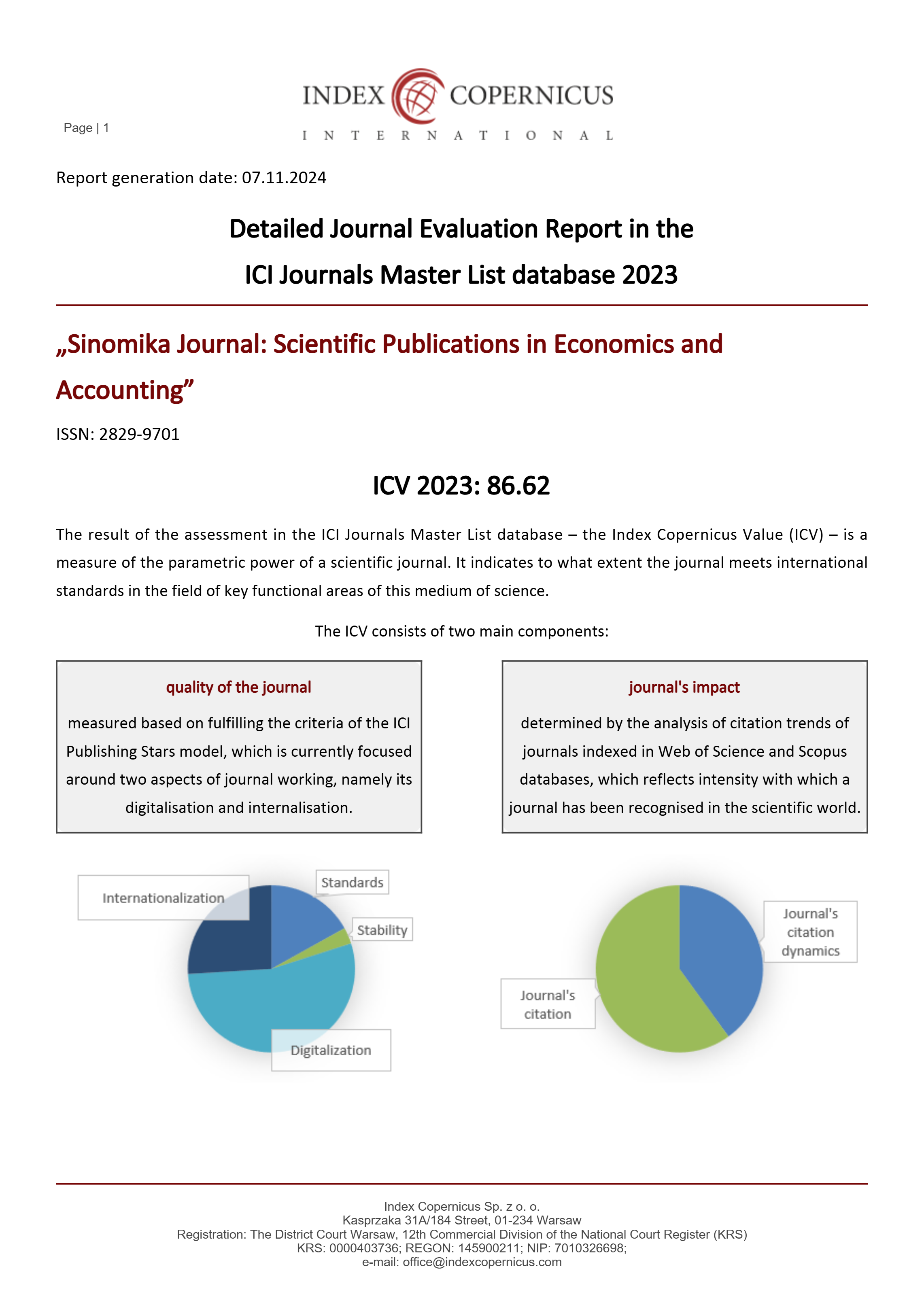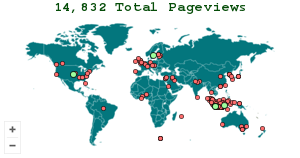Pengaruh Perubahan Kebijakan Fiskal terhadap Perekonomian Indonesia: Perspektif Makroekonomi
DOI:
https://doi.org/10.54443/sinomika.v3i2.1803Keywords:
Fiscal Policy, Economic Growth, Inflation, UnemploymentAbstract
This study aims to analyze the impact of fiscal policy changes on Indonesia's economy from a macroeconomic perspective. Fiscal policy, which includes government expenditure and tax rates, significantly affects macroeconomic indicators such as economic growth (GDP), inflation, and unemployment. Using secondary data obtained from official sources such as Statistics Indonesia (BPS) and Bank Indonesia, the study applies regression analysis to examine the relationship between fiscal policy and Indonesia's economic performance. The findings show that expansionary fiscal policy can stimulate economic growth in the short term but poses risks of increasing inflation and national debt. Conversely, contractionary fiscal policy, although effective in controlling inflation and budget deficits, may slow down economic growth and increase unemployment if applied at the wrong time. Therefore, fiscal policy must be tailored to the prevailing economic conditions to achieve optimal results. This study contributes to understanding how fiscal policy impacts Indonesia's economy and emphasizes the importance of careful planning in implementing sustainable fiscal policies.
Downloads
References
Alesina, A., & Perotti, R. (1997). Fiscal adjustments in OECD countries: Composition and macroeconomic effects. The International Monetary Fund, 44(2), 35-55.
Barro, R. J. (1991). Economic growth in a cross section of countries. The Quarterly Journal of Economics, 106(2), 407-443.
Blanchard, O., & Perotti, R. (2002). An empirical characterisation of the dynamic effects of changes in government spending and taxes on output. The Quarterly Journal of Economics, 117(4), 1329-1368.
Breuer, W. A. (2005). Monetary policy and fiscal policy interaction in the euro area: An empirical investigation. Journal of Macroeconomics, 27(2), 409-428.
Buchanan, J. M., & Wagner, R. E. (1977). Democracy in deficit: The political legacy of Lord Keynes. The University of North Carolina Press.
Chen, L., & Wang, X. (2015). Fiscal policy and economic growth: Evidence from emerging markets. Journal of Economic Development, 40(1), 45-69.
Gali, J., & Perotti, R. (2003). Fiscal policy and monetary integration in Europe. Economic Policy, 18(37), 532-577.
Gupta, S., & Tiongson, E. R. (2003). Public sector finances and macroeconomic performance: An international perspective. Journal of Economic Integration, 18(3), 524-540.
Harris, J., & Zhang, J. (2017). The effects of fiscal policy on economic growth: The role of government spending. Economic Studies Review, 42(1), 78-95.
Imrohoroglu, A., & Zeydel, A. (2000). Fiscal policy and economic stability in developing countries. Economics & Politics, 12(3), 301-328.
Jones, E. R. (2014). Public debt and economic growth: The role of fiscal policy. American Economic Review, 100(5), 1797-1819.
Kaldor, N. (1956). The relationship of economic growth and fiscal policy. Journal of Political Economy, 64(2), 123-144.
Krugman, P. (1999). The return of depression economics and the crisis of 2008. W.W. Norton & Company.
Lane, P. R. (2003). The fiscal policy and macroeconomic performance in small open economies. The World Bank Review, 21(4), 321-336.
Lora, E., & Londoño, J. L. (1998). Fiscal policy, growth, and poverty in Latin America. The World Bank Latin American Economic Review, 9(2), 171-197.
Mankiw, N. G. (2014). Macroeconomics (8th ed.). Worth Publishers.
Modigliani, F., & Miller, M. H. (1958). The cost of capital, corporation finance and the theory of investment. American Economic Review, 48(3), 261-297.
OECD. (2017). Economic outlook for Southeast Asia, China, and India. Organization for Economic Co-operation and Development.
Perotti, R. (2002). Estimating the effects of fiscal policy in OECD countries. European Economic Review, 46(3), 447-461.
Reinhart, C. M., & Rogoff, K. S. (2009). This time is different: Eight centuries of financial folly. Princeton University Press.
Romer, D. (2012). Advanced macroeconomics (4th ed.). McGraw-Hill Education.
Sachs, J. D. (2005). The end of poverty: Economic possibilities for our time. Penguin Press.
Siswanto, A. (2010). Dampak kebijakan fiskal terhadap inflasi dan pengangguran di Indonesia. Jurnal Ekonomi Pembangunan, 12(3), 56-72.
Sumner, J. (2015). Fiscal policy and economic growth in emerging economies. Journal of Economic Studies, 24(1), 13-45.
Tanzi, V., & Blejer, M. I. (1991). Fiscal policy and the economy in developing countries. The World Bank Research Observer, 6(1), 79-96.
Downloads
Published
How to Cite
Issue
Section
License
Copyright (c) 2024 I Made Darsana, I Made Sudjana

This work is licensed under a Creative Commons Attribution 4.0 International License.

























